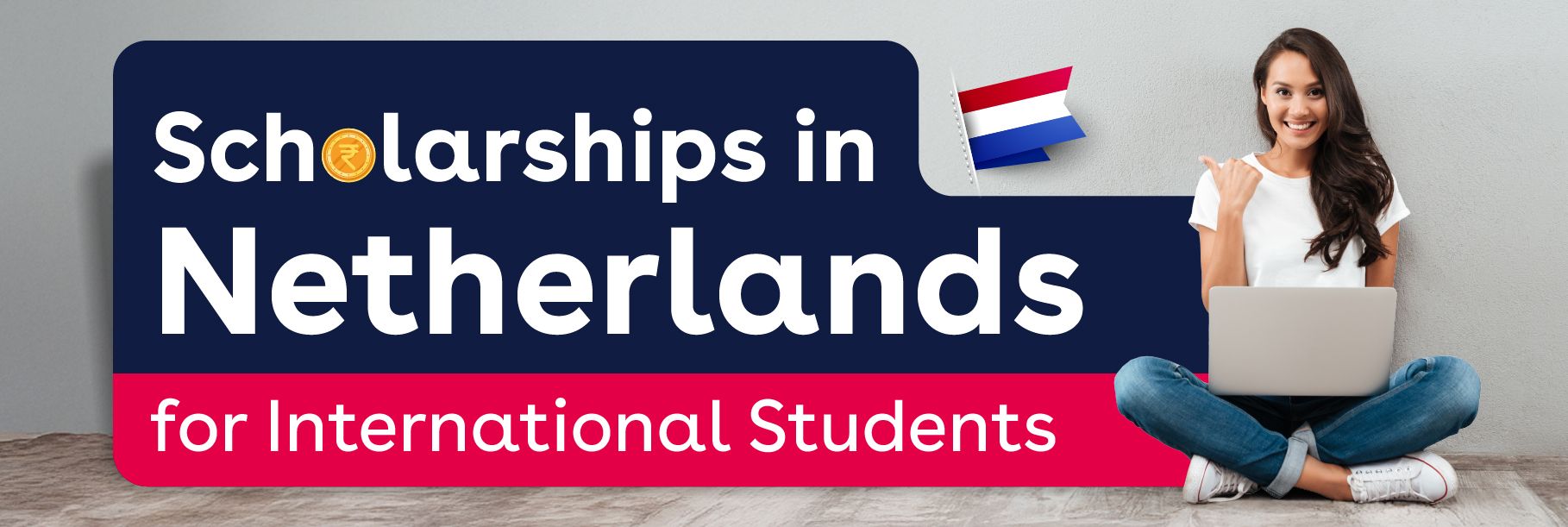Getting a world-class education doesn’t have to come with a heavy price tag not when you’re studying in Netherlands. For international students, it offers some of the most generous and accessible scholarships, funded by both the Dutch Government and Top-Ranked Universities.
These scholarships don’t just lower the cost of studying. They open the door to a globally recognized education system, with over nine Dutch universities ranked in the QS World University Rankings 2026 top 200. Add to that a wide range of English-taught programs and an education model that focuses on real-world skills, and you’re looking at an opportunity that goes beyond the classroom.
